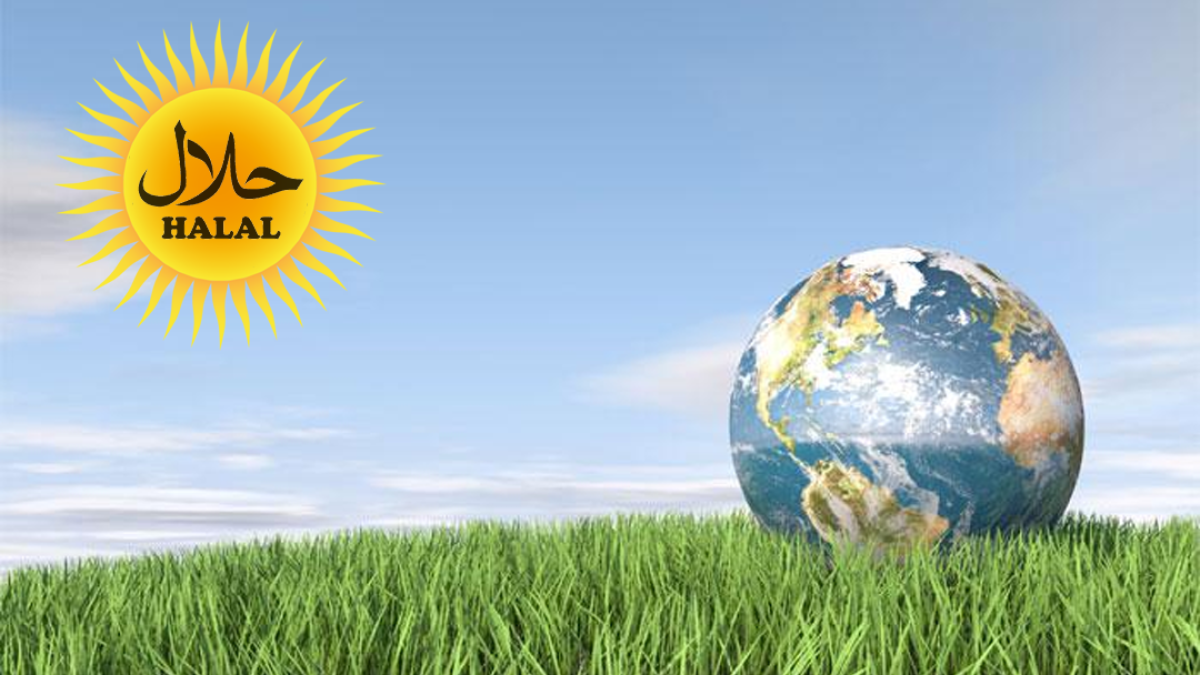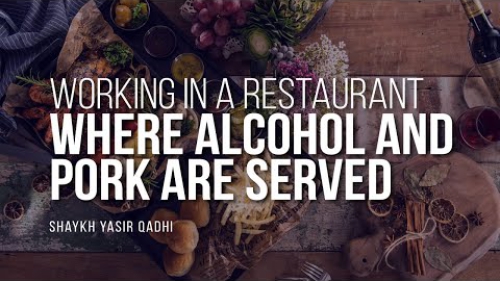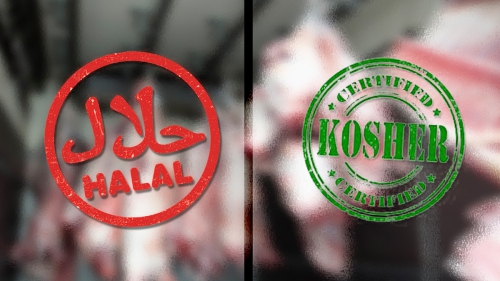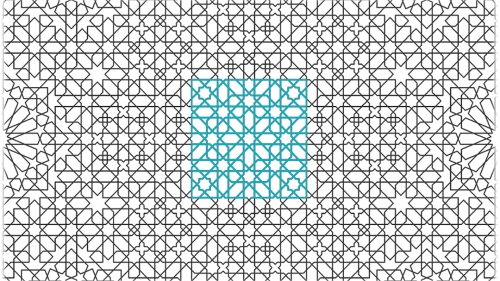What is the HALAL ecosystem?

Do we understand Islam fully? Do we make an attempt to actively seek, value and engage in the philosophical tenets of Islam?
Over the years, Islamic education has slowly turned apocryphal. I am talking about how things have been interpreted over the years. Islam can be misconstrued as being extremely procedure-driven and ritualistic, and this opens it up to interpretations - till one truly interacts with Islamic values.
People follow these procedures and rituals, but don’t comprehend fully why they do it. People need to understand the significance of doing something and, unfortunately, that is the missing link today. Halal is a good example of this. The concept of halal is essentially about permissibility in Arabic, concerning individuals of the Islamic faith. Now, what is permissible and not permissible has been a hotly debated subject, as old as time.
Let’s look at alcohol, for example. While most Islamic countries ban all forms of alcohol, the use of alcohol in its chemical form is permissible in some societies for medical or cleaning purposes. Similarly, alcohol based perfumes are acceptable in certain schools of thought. What Islam emphasises are the effects of alcohol on people, but not the origin or form of alcohol. It is, after all, a chemical in its purest form.
Similarly, consider the halal way of animal slaughter. Religions don’t allow you to take lives. So, the prayer before the act of animal slaughter is seeking the Almighty’s blessing or approval before taking a life. From a scientific point of view, draining out the blood is necessary because blood carries pathogens that could be harmful to us; so, there is a health factor involved. Clearly, it is important to have a scientific understanding of these rituals than mere rote theological education.
The concept of halal itself is misunderstood and misinterpreted in different ways in different societies. Most people tend to associate it with just food. Halal touches every aspect of your life. If you look at the supply chain of food, the halal sign signifies the process from farm to fork. But, what does this mean? What about the food that you feed these animals? There could be elements in the feed that are not permissible. That’s what the halal sign also signifies. But, the problem is that these days, people think it’s just about how you kill the animal.
The way you treat the animals is also an important consideration. For example, using harmful chemicals to fatten the meat or poultry is not halal. The Quran clearly states that animals have rights and you need to protect those rights, and mistreating animals is not permissible. The Quran and the history of Islamic civilisation proffer many examples of kindness, mercy and compassion for animals.
Soil contaminated with arsenic compounds is not halal. So, even vegetables grown on this kind of soil should not be considered halal. To truly understand and appreciate the concept of halal, we need to understand the halal ecosystem.
Halal is not just a slaughter process. It is a multidimensional concept and for halal to withstand scrutiny, it must create a value proposition that is higher than the current offerings.
Halal is also an opportunity, and an opportunity for all, not just Muslims. There is no reason why non-Muslims should not engage or be a part of this ecosystem. The litmus test for halal would be when it becomes a way of life for all people regardless of faith; then one can confidently say that halal has come of age.
Professor Pervaiz Ahmed, Monash University Malaysia
Source: New Straits Times
















